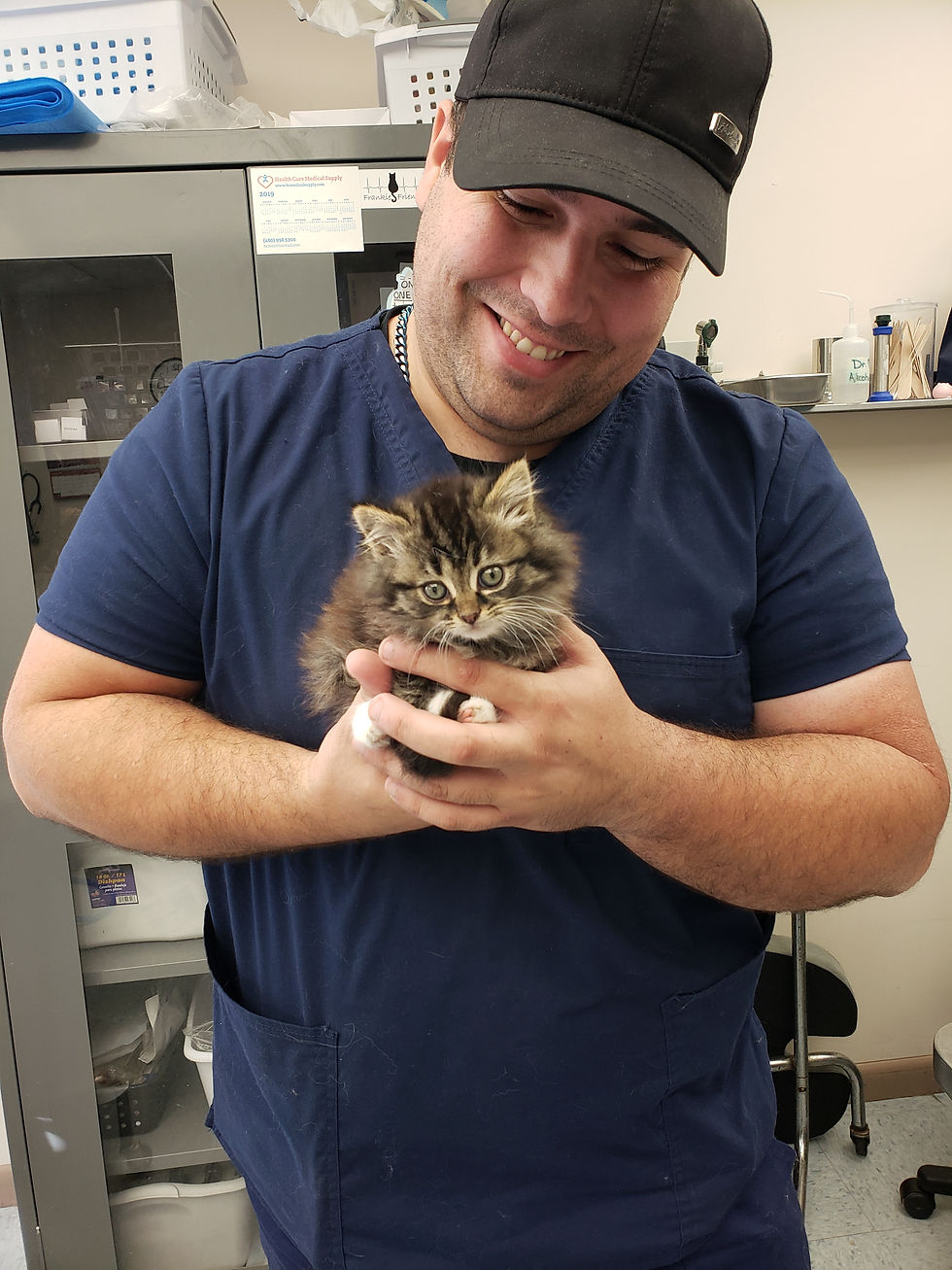For years, Frankie's Friends has provided free or low-cost veterinary care to the Greater Pittsburgh region. While our mission is focused on the relief of suffering of animals, the service we provide extends to all members of the community. Fewer than 50% of pets receive veterinary care due to lack of accessibility. Although largely due to lack of financial resources, this is tied to deeper issues of race, class, and gender inequalities. People with low socioeconomic status love their pets as much as the affluent, but are often forced to relinquish or euthanize pets with treatable issues due to financial hardship.
A large part of improving accessibility to care is educating veterinarians. While most veterinarians are taught that pets are a luxury and should only be with people who can afford the “gold standard” of care, some rightfully believe that everyone should experience the benefits of pet companionship and that society bears some responsibility to help care for pets. The millions of healthy and adoptable pets that are killed in shelters annually due to lack of homes would surely agree with the later. Even when veterinarians believe that everyone, regardless of socioeconomic status, race, or ethnicity should be able to add a pet to the family, few know how to provide them care while sustaining a practice and paying off loans.
This is where we can help. Our sustainable model incorporates efficiency and full use of the veterinary team to provide care that is equal to or, arguably, better than that in private veterinary practices. In the same way as Dr. Venkataswamy, the doctor who restored the eyesight of millions, has done with his quality, high volume, low-cost service delivery model at Aravind, we have developed our own model in the veterinary field. Dr. Morrow, the founder and director of Frankie’s Friends, is a native Pittsburgher and skilled veterinarian, researcher, and educator, with 24 years’ experience in private practice, shelters, rescues, and high volume spay/neuter clinics and in teaching at Duquesne University and two veterinary schools. She and a small team have been routinely providing care for over 8,000 animals each year.
The need to disseminate our knowledge, making an even bigger impact for the community by training others how to become more efficient and help more animals at a lower cost, is evident. Our current focus is on teaching specialized anesthetic and surgical techniques to allow more pets to be spayed/neutered. This, along with vaccinations and parasite treatments, will benefit the animals, the families of pets, public health, shelters, and the environment (through the decrease in community cat population). Our model can also be used to provide low-cost medical and surgical care using established protocols.


Comments